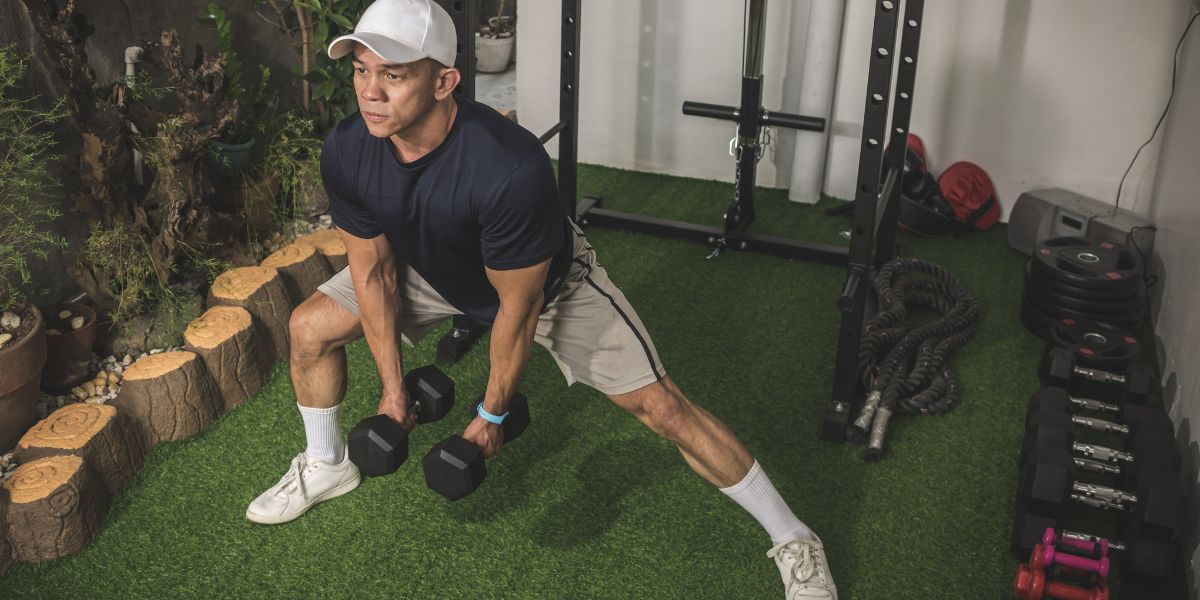You do not need “lengthy gym sessions to get stronger or build muscle”, latest evidence has shown.
A recent study from Florida Atlantic University has found that shorter and frequent workouts are more beneficial for gaining strength than spending long hours in the gym.
In the first-of-its-kind analysis, the team of researchers looked at different study findings to discover what is needed in each training session to ensure muscle growth and strength gains.
- Intermittent fasting and HIIT workouts improve metabolism in postmenopausal women
- Weekend Workouts as Beneficial as Daily Exercise in Preventing Over 200 Diseases
They labelled a bench press as a ‘direct’ set and accessory exercises, like triceps extensions, as ‘indirect’.
By labelling exercises this way, the research team could define how each set contributed to muscle or strength outcomes.
They found that the number of sets you do can only help up to a certain point, so considering how much you work out in one session is just as essential as the intensity of your training.
According to the researchers, one to two hard, focused sets per session offer the same benefits as a higher number of sets.
Senior author Jacob F. Remmert said: “It’s important to understand the difference between direct and fractional sets.
“Direct sets are those that specifically target the muscle or movement being tested. As an example, for increasing bench press strength: counting direct sets means only counting sets of bench press specifically, whereas counting fractional sets would also include indirect work—like triceps extensions, which still engage muscles involved in the bench press, but not as the prime mover—as still contributing, but to a lesser extent.”
He added: “The sets that train the movement directly are what move the needle the most when you’re trying to get stronger in that specific lift.
“Rather than simply piling on more sets in a single workout, people aiming for strength gains may get more out of increasing training frequency—choosing shorter, more frequent sessions instead. Because of the diminishing returns and greater uncertainty of outcomes as volume increases, it’s important to weigh the small potential benefits of additional volume against the extra demands on time and recovery.”
He continued: “To be fair, some people value squeezing every last drop of muscle growth out of their program no matter the cost; for them, experimenting with higher volumes makes sense, so long as they keep a close eye on recovery.”
Corresponding author Professor Michael C. Zourdos noted: “Our findings show that you don’t need lengthy gym sessions to get stronger or build muscle.
- Dua Lipa: Pre-workout protein regimen contradicts long-standing belief of carbs before exercise
- Morning workouts associated with better weight loss results
“There’s a tipping point where the benefit of doing more becomes very questionable—and in some cases, it may even work against you when considering fatigue, time and so on. This challenges the common assumption that more volume always equals more gains.”
He added: “Instead, we found that diminishing returns set in very quickly, and a low dose of training for strength or a moderate dose of training for muscle growth seem to deliver the most efficient results.
“For busy people, that’s great news: you can train smarter, not longer, and still see real progress.”
Read the full study in the journal SportRxiv.




